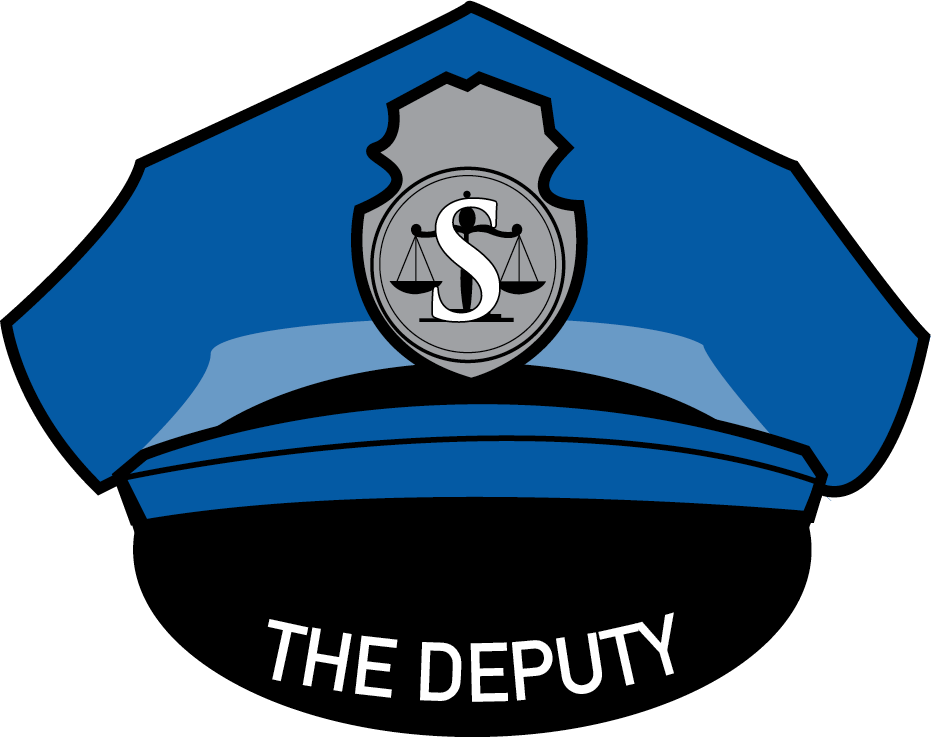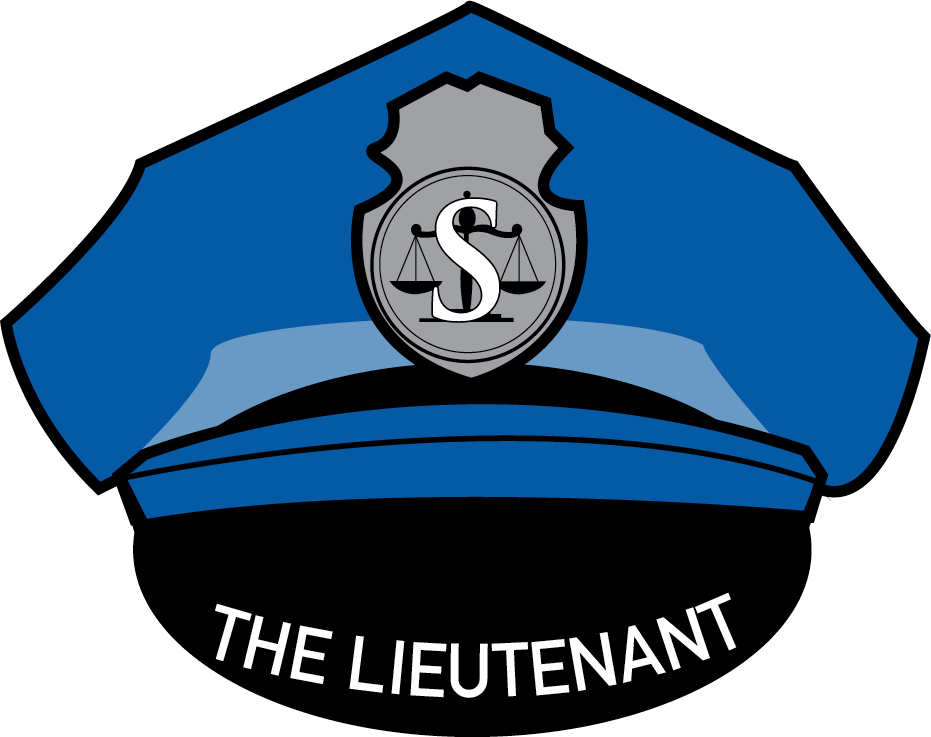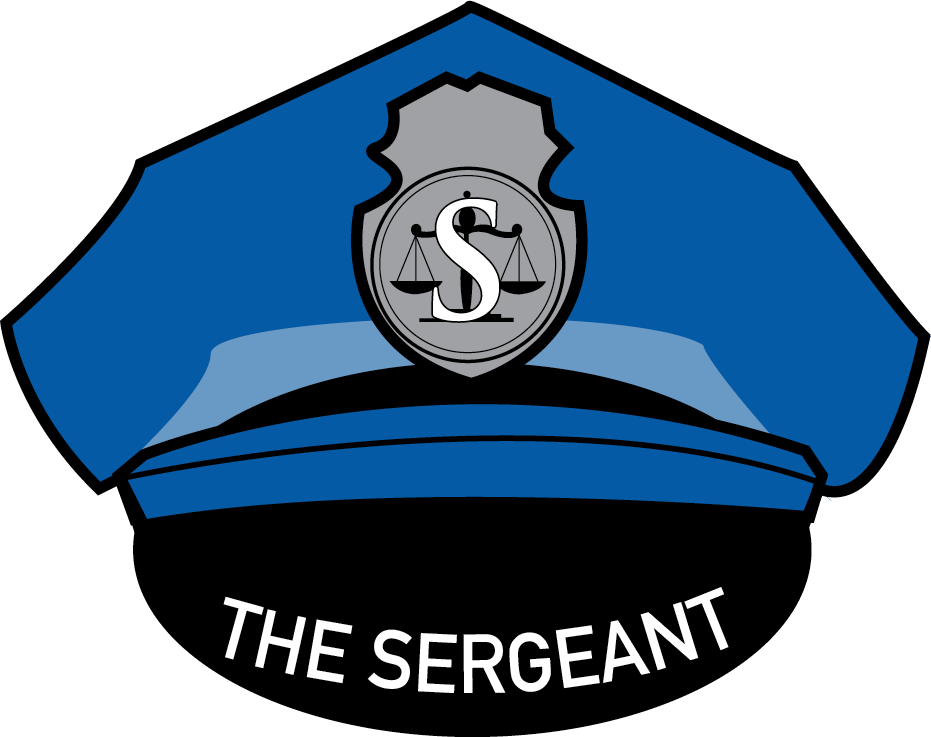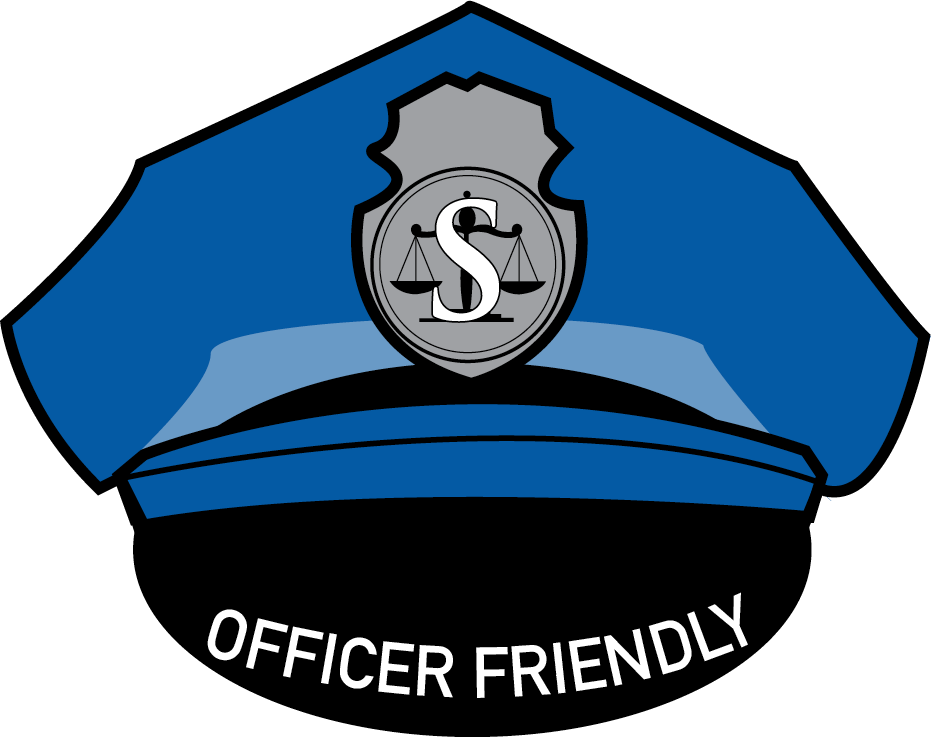Social Impact Statement
We at Spector Training believe in protecting the community, breaking barriers and boundaries, respecting one another, and opening up venues for productive conversations. We encourage inclusion, acceptance, empathy and understanding to improve relationships. We believe in seeking solutions.
Training and Education is a key contributor to rebuilding relationships between law enforcement and citizens. Through quality programs Spector Training provides instruction that meets the current needs of the law enforcement community and we ensure that our programs are taught by subject matter professionals. The goal of SCJTN is to improve the quality of law enforcement and security training which directly impacts the officers’ ability to save lives, protect property, solve prevalent crimes, and to provide a higher level of service to the community while reducing liability risks. It is also our goal to improve relationships between law enforcement and the communities they serve.
Ways to Contribute:
Our Sponsors:

"The Chief" Options and Benefits
- Company brand recognition on SCJTN correspondence
- Hyperlinked company logo on SCJTN website home page year-round
- Recognition on SCJTN’s Facebook Page
- Recognition on SCJTN’s Instagram
- Spotlight Story in The Spector Dispatch quarterly newsletter
- Recognition in SCJTN’s Annual Report
"The Chief" 2023 Sponsors



"The Deputy" Options and Benefits
- Hyperlinked company logo on SCJTN website home page year-round
- Recognition on SCJTN’s Facebook Page
- Recognition on SCJTN’s Instagram
- Recognition in The Spector Dispatch quarterly newsletter
- Recognition in SCJTN’s Annual Report
"The Deputy" 2023 Sponsors



"The Captain" Options and Benefits
- Hyperlinked company logo on SCJTN website home page year-round
- Recognition on SCJTN’s Facebook Page
- Recognition in The Spector Dispatch quarterly newsletter
- Recognition in SCJTN’s Annual Report
"The Captain" 2023 Sponsors


"The Captain" 2022 Sponsors
"The Captain" 2021 Sponsors

"The Lieutenant" Options and Benefits
- Hyperlinked company logo on SCJTN website home page year-round
- Recognition in The Spector Dispatch quarterly newsletter
- Recognition in SCJTN’s Annual Report
"The Lieutenant" 2023 Sponsors



"The Sergeant" Options and Benefits
"The Sergeant" 2023 Sponsors



"The Officer Friendly" Options and Benefits
Learn more:
- Tuition Fee Waivers
- Tuition Fee Reductions
- Offering of Full Programs to Agencies or Price Reductions on Full Programs
- Officer Friendly: Any amount is graciously accepted!
- Sergeant: Donation of $500.00
- Lieutenant: Donation of $1,500.00
- Captain: Donation of $2,500.00
- Deputy: Donation of $3,500.00
- Chief: Donation of $5,000.00+
Do you feel you have time, talent or a good/product that can help our organization?
Gifts in kind, also referred to as in-kind donations, is a kind of charitable giving in which, instead of giving money to buy needed goods and services, the goods and services themselves are given. Gifts in kind are distinguished from gifts of cash or stock. Some types of gifts in kind are appropriate, but others are not. Examples of in-kind gifts include goods like food, clothing, medicines, furniture, office equipment, and building materials. Performance of services, such as building an orphanage, providing office space or offering administrative support, may also be counted as in-kind gifts.
An example of a recent “In-Kind” Donation received by Spector Training was the donation of TJ Jediny Photography. Todd Jediny photographed 15 of our training and administrative staff for use on our website. As a nonprofit this was a tremendous support to us to keep our overhead low.
What In-Kind gift could you give to support our nonprofit? Any administrative support is always welcome as well as trainers willing to offer their instruction without reimbursement. Gifts of supplies for our training programs such as gratis printing services and other takeaways for our student officers would be of great value. Your In-Kind donation can be evaluated, and you can earn the same branding opportunities as a cash sponsor!
Background:
In 2001, the Connecticut Juvenile Justice Advisory Committee (JJAC) published a study entitled “A Reassessment of Minority Overrepresentation in Connecticut’s Juvenile Justice System” to examine the extent of disproportionate minority contact (DMC) in the state. DMC is a national term that refers to the problem of unequal treatment of White and minority juveniles in the juvenile justice system. The JJAC study focused on overrepresentation of minority youth in the system and disparate handling of minority youth at key decision points. To address study findings at the earliest police decision points, the JJAC created a task group, composed of primarily police personnel, to look into issues that would affect police handling of juveniles prior to written police incident reports. A key issue that was identified by the task group was that many patrol officers, as opposed to youth officers, lack the knowledge they need to differentiate problematic adolescent behavior from typical adolescent behavior and the practical skills to de-escalate situations involving agitated or defiant youth. The task group further concluded that patrol officers should be taught to interact more effectively with all young people, regardless of their race or background, rather than simply focusing on diversity training. The “Effective Police Interactions with Youth” training program is designed to address this gap in knowledge and skills among patrol officers.
The training curriculum provides patrol officers with information to better understand youth behavior and with practical strategies for interacting with young people in positive ways.
The goal of the training is to reduce the likelihood that interaction between police officers and young people will have negative outcomes and/or result in police action, particularly for minority youth.
This training will be offered by CT POST certified trainers and teaches officers about adolescent development through a variety of training strategies including videos, class discussions, small group activities and role playing.
Why does this program require funding?
Upon the retirement of the originator of the program from CT State Service, the program became dormant. At this time, two trainers of the program have been given permission to continue the program and the trainers would like to offer this program through our nonprofit organization.
The program is exceptional, but it needs an update as it was developed nearly 20 years ago. The funding will enable trainers to update portions of the training to include current trends. There is also a desire for the trainers to offer this program to police officers at no charge or at a reduced rate to encourage as many participants as possible to attend.
Background:
Spector Training’s FIP Subcommittee is developing a one-day program that will focus on teaching officers that daily interactions with the public affects the perception that the public has of them, their agency, and the law enforcement profession. Issues surrounding a law enforcement officer's image and how the officer is perceived by the public will be stressed along with the importance of making every contact a positive one. (Police & the Public, Area 403)
This course will teach student officers about cultural awareness and diversity issues such as stereotyping. Hate and prejudice will be covered as well as the context structure of various cultures. Students will learn about barriers to cross-cultural communication and how to improve such communication. Student Officers will be able to relate cultural diversity to policing on an individual and organizational basis. Discussions and an examination of student officers’ own cultural differences and life experiences will be conducted. (Cultural Diversity, Area 412)
This training seminar will familiarize officers with the Connecticut State Statutes relative to Hate and Bias Crimes. It will also familiarize the recruit with precursors to acts based on hate and bias. (Hate & Bias, Area 524). The student officers will also learn how to enhance/promote trust on the part of the people they serve and enhance the legitimacy of the police through focused lectures and activities regarding a: (1) Understanding of how Implicit Biases can affect perceptions and behavior; (2) Understanding of how biased policing impacts community members and the department; (3) Understanding of how bias-free policing supports procedural justice and thus police legitimacy, and (4) Development of skills and tactics to reduce the influence of bias on police practice and allow the officers to be safe, effective and just police professionals. (Area 413, FIP and 419, Implicit Bias)
Student officers will be provided with a clear understanding of the concept of police legitimacy, the principles of procedural justice, and the application of both to police work. (1) Treat people with respect; (2) Listen to what they have to say; (3) Make fair decisions, and (4) Explain your actions. There will be an emphasis on communication skills between police and public. (Area 416, Procedural Justice)
Lastly, student officers will learn about the use of active diffusion strategies in situations of recognized aggression. Trainers will offer insight as to techniques to de-escalate, distract, and promote successful resolutions through deployment of tactical applications. The student officer will be given tips on how to diffuse a situation through techniques learned in the class, as well as preferred responses when avoidance tactics are ineffective or inappropriate. (Area 312, De-Escalation Techniques)
Why does this program require funding?
This program currently has a donation of $2,500.00 with a match by the nonprofit for its development. The nonprofit is seeking additional sponsorship to enable CT officers to attend this program at no cost.



